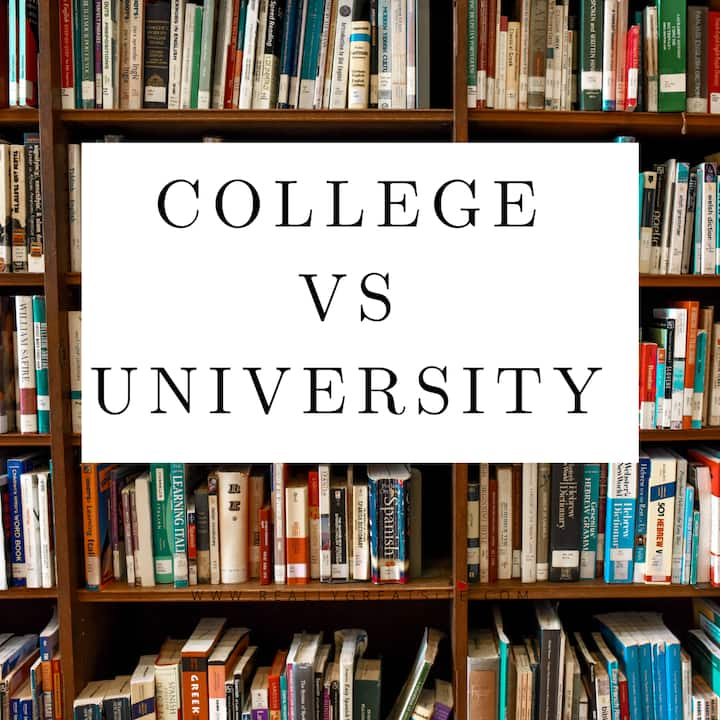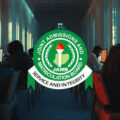The requirement for municipal training in 21st-century schools
Americans’ support in city life is fundamental to supporting our majority rule type of government. Without it, an administration of individuals, by individuals, and for individuals won’t stand the test of time. Of expanding worry to many is the declining levels of metro commitment the nation over, a pattern that began quite a few years prior. Today, we see proof of this in the restricted metro information on the American public, 1 out of 4 of whom, as per a 2016 study drove by Annenberg Public Policy Center, can’t name the three parts of government. It isn’t just information about how the public authority functions that is missing — trust in our administration is additionally very low. As per the Pew Research Center, which tracks public confidence in government, as of March 2019, just an alarming 17 percent trust the public authority in Washington to make the best choice. We additionally see this absence of commitment in metro ways of behaving, with Americans’ decreased support in local area associations and dull cooperation in decisions, particularly among youthful voters.1
Many reasons without a doubt add to this decrease in municipal commitment: from political brokenness to an effectively energized media to the developing portability of Americans and, surprisingly, the mechanical change of relaxation, as placed by Robert D. Putnam. Of specific concern is the ascent of what Matthew N. Atwell, John Bridgeland, and Peter Levine call “metro deserts,” in particular spots where there are not many to no valuable open doors for individuals to “meet, examine issues, or address issues.” They gauge that 60% of all rustic youth live in community deserts alongside 30% of metropolitan and rural Americans. Given the decay of support in strict associations and associations, which a huge extent of Americans reliably took part in throughout the twentieth 100 years, obviously new types of city networks are required in networks.
As one of a handful of the social organizations present in practically every local area across America, schools can and ought to assume a significant part in catalyzing expanded urban commitment. They can do this by aiding youngsters create and rehearse the information, convictions, and ways of behaving expected to partake in city life. Schools can likewise straightforwardly give valuable open doors to urban commitment as a nearby establishment that can interface youthful and elderly individuals the same across the local area. To do this, metro advancing should be a vital part of the ongoing development across many schools in America to outfit youngsters with 21st-century abilities.
Until this point in time in any case, community training specialists contend that city learning is on the edges of youngsters’ school insight. The 2018 Brown Center Report on American Education analyzed the situation with metro training and found that while perusing and math scores have worked on lately, there has not been the similar expansion in eighth grade civics information. While 42 states and the District of Columbia expect somewhere around one course connected with civics, not many states focus on the scope of techniques, for example, administration realizing which is just remembered for the norms for 11 expresses, that is expected for a powerful metro instruction experience. The investigation additionally discovered that secondary school social examinations educators are probably the most un-upheld educators in schools and report showing bigger quantities of understudies and taking on more non-showing liabilities like training school sports than different educators. Understudy experience supports this view that city learning is definitely not a focal worry of schools. Over two thirds of twelfth graders say they have never composed a letter to offer a perspective or tackle an issue and 30 percent say they have never partaken in a discussion — immensely significant pieces of a quality metro learning.





